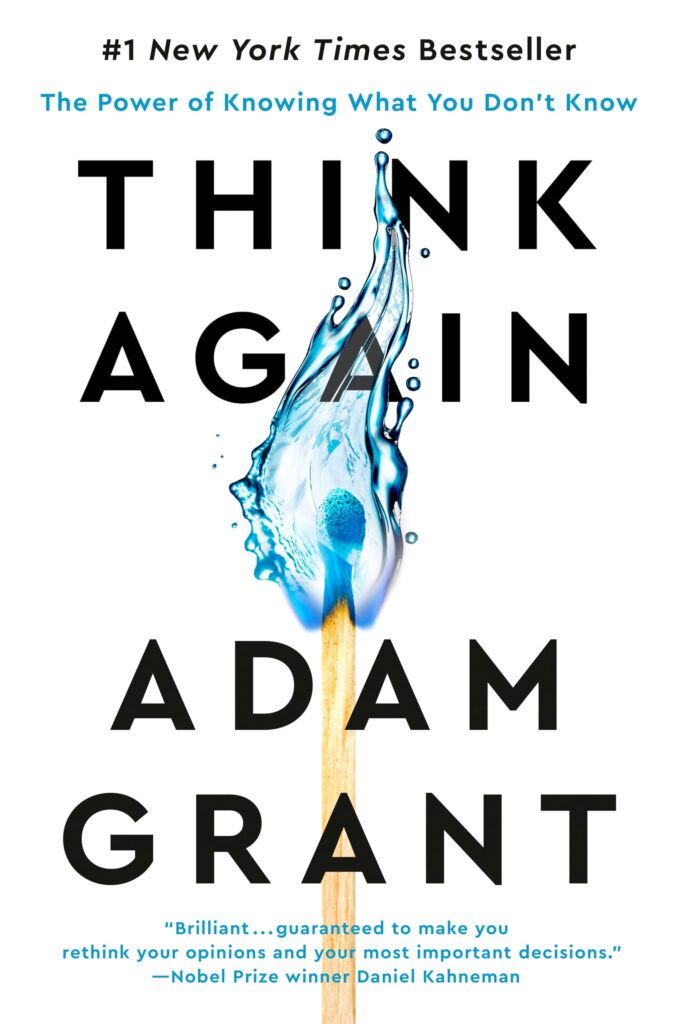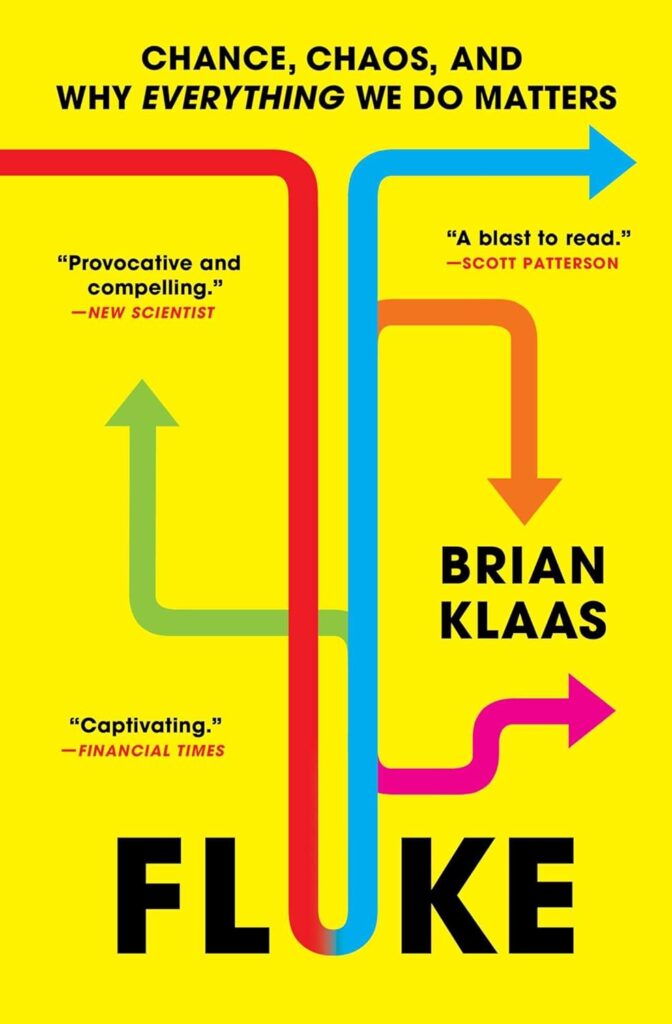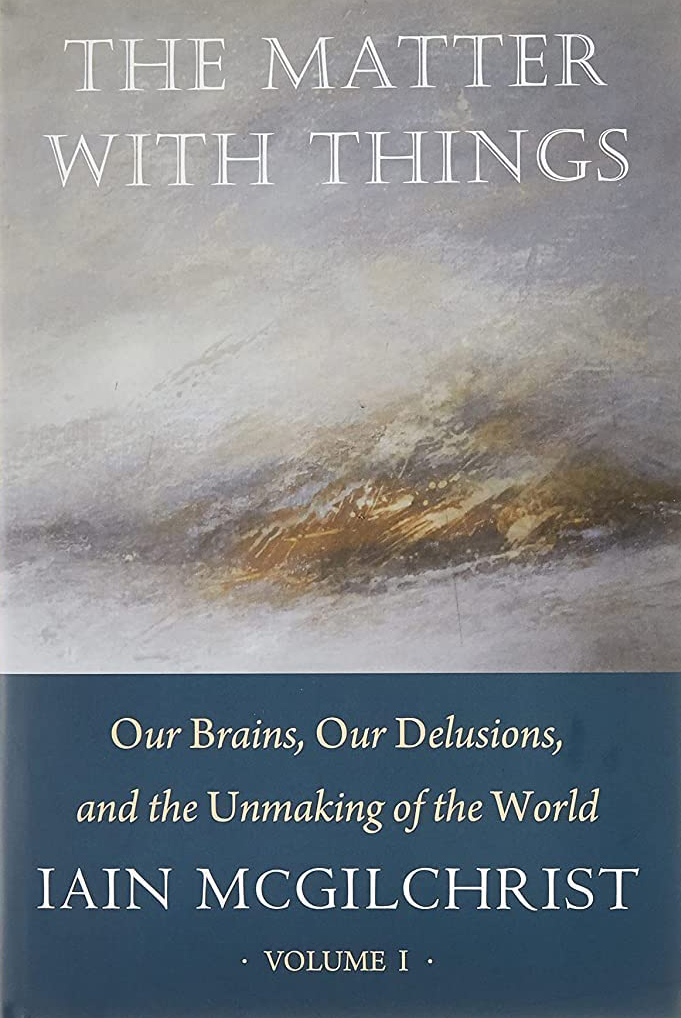
Featured Book
Think Again
The Power of Knowing What You Don’t Know
By Adam Grant
Reviewed by John Zada, Contributing Writer
In the opening of Adam Grant’s Think Again, a book that explores the human propensity to avoid rethinking and changing our convictions and habits, the author begins with a tragic story and example. In 1949, a team of 15 Montana firefighters (called “smokejumpers”) parachuted in to the Helena National Forest to tackle a remote wilderness blaze at a place called Mann Gulch. Unexpectedly, the fire grew to a monstrous size and spread towards them at a pace too quick for the men to escape. While the smokejumpers made a mad dash up a steep grassy incline to reach the safety of the ridgetop, their foreman, named Wagner Dodge, seeing the futility of running from the fast-approaching flames, tried a completely different ploy. Dodge began to create a controlled “escape fire”: lighting a small blaze in the grass around himself so that the foliage could burn in advance of the nearing wildfire. He then sat in the smoldering ashes.
When Dodge tried to coax his colleagues to come to him and do the same, they ignored him and instead chose to run. Sadly, 12 of the 15 smokejumpers perished within a few hundred yards of the ridgetop. What made that incident even more regrettable was that Dodge had also told his men to drop all of their cumbersome gear and tools so that they could run faster uphill—increasing their chances of survival. Again, the men ignored him, unable to rethink and change their habits in the moment (apparently still a mistake that takes the lives of wildfire fighters to this day). Grant quips, poignantly, that the episode may have been avoided entirely had the society of that day questioned their assumption that every fire—including the Mann Gulch blaze which threatened no communities—needed to be fought, given that wildfires are a regenerative factor in forest health.
This cautionary tale sets the stage for a lengthier exposition, in which Grant, an American author and professor at the Wharton School of the University of Pennsylvania, reveals the many ways in which we all buck the necessity of changing our minds—or otherwise unlearning what is no longer helpful. Think Again looks at the areas in our lives where we routinely fail to reassess in light of changing conditions and feedback: from our beliefs, to our undertakings and pursuits, to our standard operating procedures, interpersonal relationships, and to the counsel we receive.
“This book is about the value of rethinking,” Grant writes. “It’s about adopting the kind of mental flexibility that saved Wagner Dodge’s life. It’s also about succeeding where he failed: encouraging the same agility in others.”
As studies began to show in the 1970s, humans are notoriously bad at changing their minds and convictions, even in light of evidence to the contrary. The reasons are manifold. We are creatures of habit largely resistant to change. We are afflicted with cognitive laziness, preferring the ease of hanging on to old views over the difficulty of grappling with new ones. Doubting ourselves can have the effect of making the world feel less predictable, thus undermining the brain’s schema of personal stability in which commitment and consistency of thought are cornerstone strategies. Also, because so many of our opinions and world views are tied to our identities, any rethinking can threaten them and make us feel like we’re losing part of ourselves. The great irony is that when it comes to our exterior reality, we update and replace our possessions with fervor.
“We favor the comfort and conviction over the discomfort and doubt, and we let our beliefs get brittle before our bones,” Grant writes. “We laugh at people who still use Windows 95, yet we still cling to opinions that we formed in 1995. We listen to views that make us feel good, instead of ideas that make us think hard.”
This inability to rethink, and thus readjust to a truer reality confronting us, is made more acute by the blindspots we have about our own abilities and knowledge. All of us at one time or another have suffered from the so-called Dunning-Kruger Effect: a cognitive bias in which some knowledge and experience in a specific area causes one to overestimate their competence in that area. In the age of social media, it’s what fuels so much contention and discord between people: because we all read about world events and take in certain points of view on our feeds, we become so certain in our knowledge that we stubbornly champion them, free of any doubt.
All of these factors taken together are what led Mike Laziridis, the Greek-Canadian businessman and inventor of the erstwhile Blackberry phone, to not evolve his product from a keyboard to a touchscreen when his experts told him to—thus condemning his creation to the dustbin of history, earlier than it otherwise might have been. Apple’s Steve Jobs similarly first laughed off the idea of the iPhone put forward by his colleagues, because of the same cognitive propensities. But unlike Laziridis, he allowed himself to change his mind. He gave his subordinates, who kept pestering him, the benefit of the doubt, which led to Apple’s resounding business success.
Such is the importance of recognizing this inability to change our minds, and the liability it can pose, that traditional psychologies of the East have encapsulated it in their philosophies and stories. The late Afghan thinker Idries Shah—prolific author, polymath, and chief exponent of Sufism in the West—often adjured his readers, metaphorically by way of stories and in his own commentaries, to frequently “examine your assumptions.” An old tale tied to the Eastern wise fool, Mulla Nasrudin, in which someone asks him his age, is powerfully illustrative of our avoidant habits around rethinking.
“How old are you, Mulla?” the man said.
“Forty.”
“But you said the same thing last time I asked you, two years ago!”
“Yes, I always stand by what I have said.”
Part of learning to open our minds, Grant tells us, involves understanding and dialing back our rationalizing reflexes when encountering new ideas. Faced with new information or evidence, we reflexively advocate for our current beliefs, reacting and behaving like preachers, prosecutors and politicians. We deliver sermons, like preachers, to protect and promote our ideas when our sacred beliefs are challenged. We marshal arguments, like prosecutors, to prove our intellectual opponents wrong and win our case when we find flaws in their mental reasoning. And we lobby and campaign, like politicians, to win over approval of our constituents when we seek to sway an audience.
What we need, Grant tells us, is to think more like scientists—not the politicized and dogmatic scientist that aims to defend his or her claims against all comers, but the pure scientist of old that seeks out knowledge and truth for its own sake, regardless of the implications. Learning to recognize and abandon overconfidence and adopt a mindset of greater humility is a key ingredient for this mode of operating. So too is the need to be more graceful and accepting in moments when we discover that our beliefs and approaches might be faulty. For it can only be beneficial for us.
“We’re all wrong more often than we’d like to admit,” Grant writes, “and the more we deny it, the deeper the hole we dig for ourselves.”
This effort also requires us to not only detach our beliefs from our identity, but also the goals we set for ourselves involving our careers and relationships. Most of us are accustomed to defining ourselves in terms of our pursuits and the people we surround ourselves with. Perhaps we’ve always overly cherished the idea of being a filmmaker or a cardiologist, or being in a certain work partnership or marriage. When not just ideas, but relationships or career tracks become ill-fitting or untenable—when we grow out of them—changing our minds about them and taking action can become one of the most tenaciously slow and difficult pivots. The more we can detach ourselves in advance from those identity anchors, the freer and happier we’ll be—if and when the time comes to move on. Had the smokejumpers in Montana not been so identified with the idea of the brave and at-the-ready firefighter who is never parted with his tools and equipment, they might have listened to their foreman and dropped their equipment to make a quicker dash to safety.
When encouraging others to question their positions, Think Again offers sage advice born of the polarizing effects of social media: we must not marshal arguments, facts, and data, nor approach interlocutors in an antagonistic and argumentative style, as it will tend to have the opposite effect than intended. People tend to stick to their guns and even double down on their points of view when challenged aggressively. Instead, what is required is to subtly coax others, just enough, to open up to other perspectives. Whether operating in our roles as therapists, diplomats, negotiators, business people, politicians, legislators, consultants, and even in our more personal relationships, our conversations need to be more collaborative, likened, Grant says, to a dance. Master negotiators, he adds, don’t engage in attack-and-defend cycles. They listen calmly, ask good questions, acknowledge common ground, and even express some doubts about aspects of their own position; combining all of this with just a few of the best facts that illustrate their case—and not more. Thus, the very best way to change someone’s mind is to leave them with an impression and to encourage them to be open—in part, by being open oneself—so that they may change their minds later on their own without feeling coercion or duress.
So much of what Think Again tells us about our inability to change our minds, and how we might overcome this jibes with what we know about the left and right hemispheres of the brain. As British scholar and psychiatrist Iain McGilchrist repeatedly tells us in The Matter with Things, the left brain seeks certainty and “has no sense of the limits of its own understanding: it doesn’t know what it is it doesn’t know.” Whereas the act of being more receptive, comfortable with uncertainty, taking in more of the wider context and the whole, and encouraging the same thing in others—as ways to help revise our perspectives—appeals to qualities of the right hemisphere. It is the right brain which traditional systems of knowledge have often cultivated, as the late scientist Robert Ornstein tells us in his book The Mind Field.
It is therefore no coincidence that the subtitle to Think Again is “The Power of Knowing What You Don’t Know.” Nor is it any surprise that Grant writes at the close of his introduction, “If knowledge is power, knowing what we don’t know is wisdom.”
In the series “Our Mind in the Modern World”»
- An Ancient Brain in a Modern World
- Our Unconscious Minds
- Maintaining a Stable World
- The Multiple Nature of Our Mind
- Connecting with Others
- Morality’s Long Evolution
- Unconscious Associations
- The Brain’s Latent Capacities
- God 4.0
- Multimind: A New Way of Looking at Human Behavior
- Thinking Big
- Social
- The WEIRDest People in the World
- The Righteous Mind
- New World New Mind
- Moral Tribes
- The Mountain People
- The Matter with Things
- Humanity on a Tightrope
- Fluke by Brian Klaas
- Beyond Culture
- Think Again


